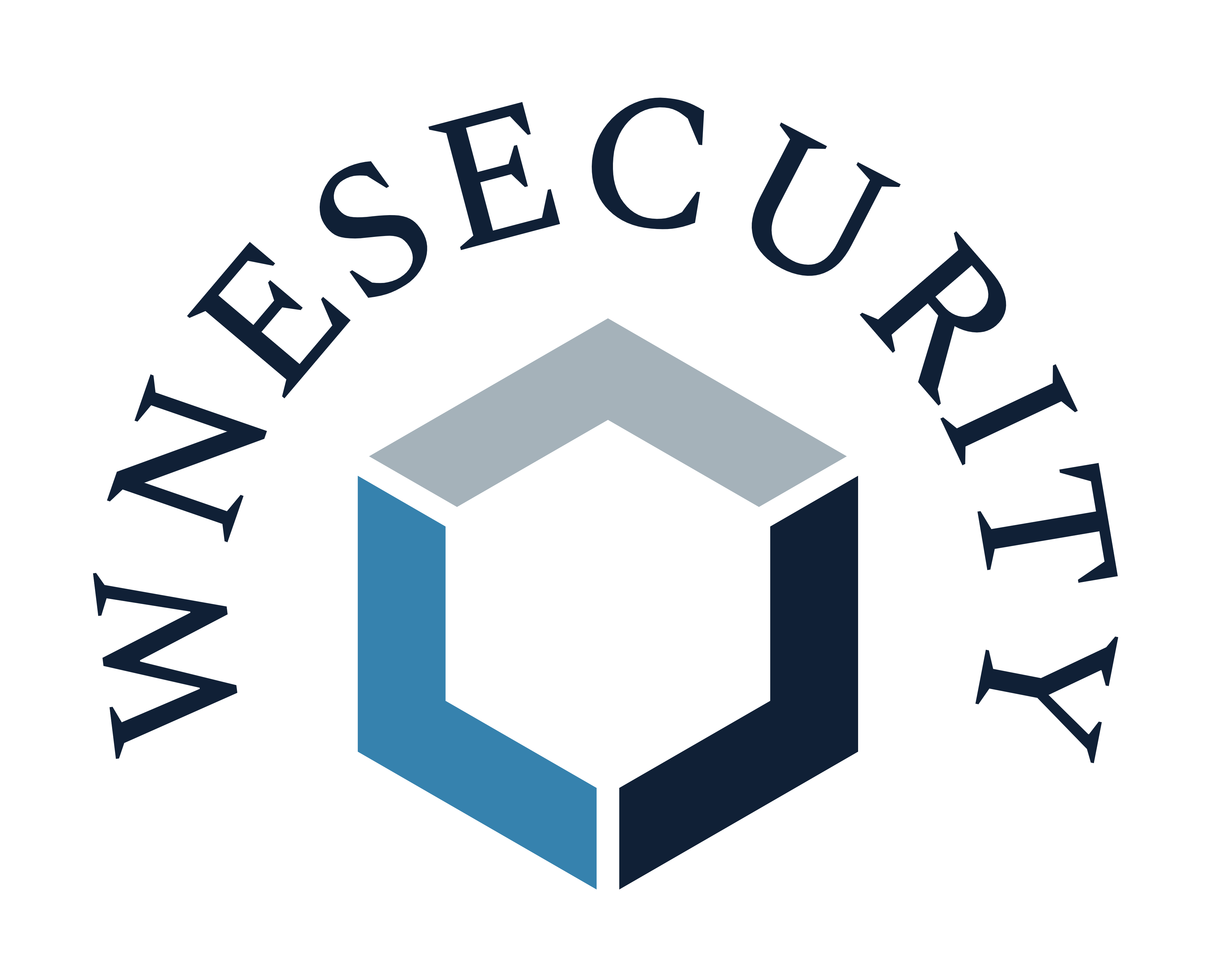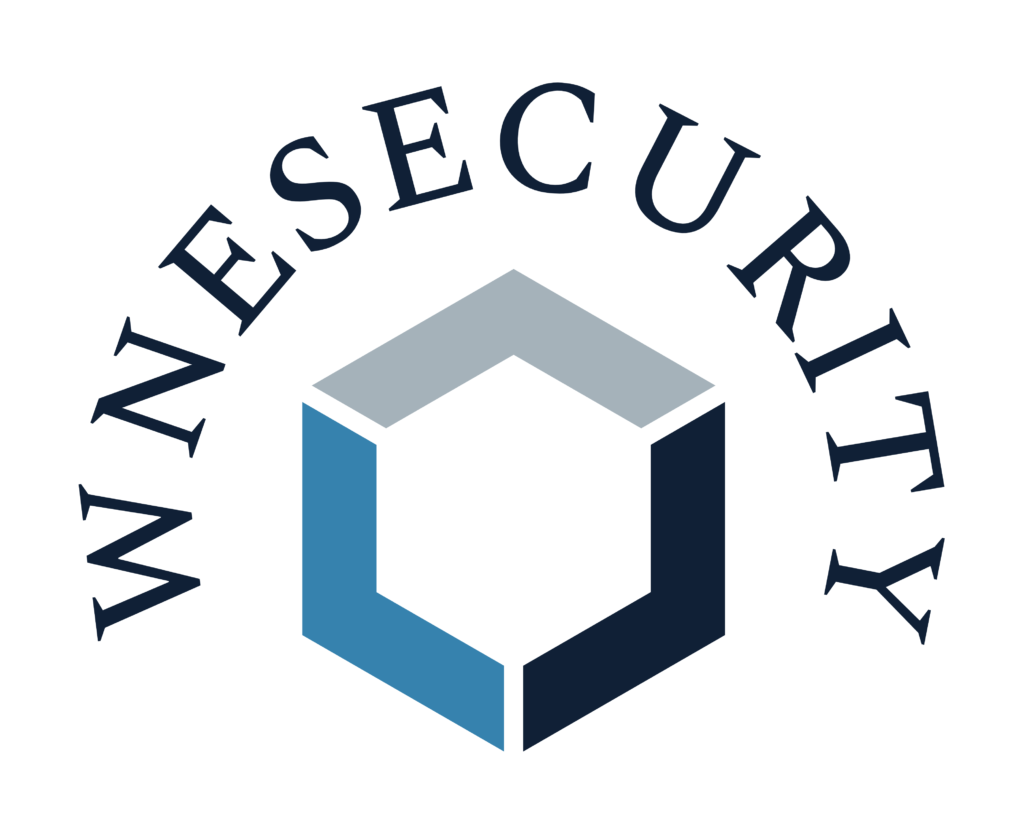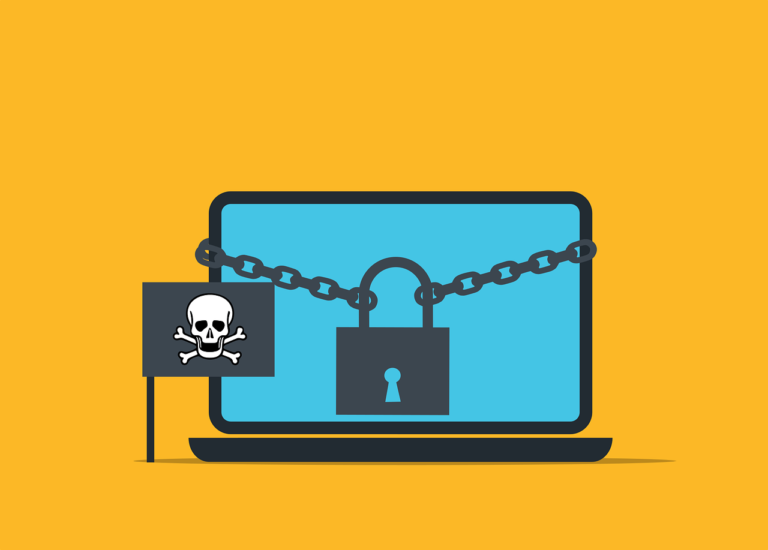WNE Security News
Learn more about “Do You Need Antivirus on a Linux Computer?” and the most important cybersecurity news to stay up to date with
Do You Need Antivirus on a Linux Computer?

WNE Security Publisher
2/7/2023

Do You Need Antivirus on a Linux Computer?
Subscribe to our newsletter to learn more about our computer security or learn about our services and schedule a free meeting today!
Despite Linux’s robust security features and lower susceptibility to malware compared to other operating systems, the debate around the necessity of antivirus software on Linux is nuanced. Fundamentally, Linux does not require antivirus software for the average user, thanks to its inherent security mechanisms, such as strict user permissions and a reliable update system that quickly addresses vulnerabilities. The open-source community surrounding Linux also plays a critical role in identifying and patching security issues, further reducing the need for antivirus software.
However, saying Linux users should completely forego antivirus software oversimplifies the situation. While not essential, antivirus software can provide an additional layer of security that, depending on your use case, might be desirable or even necessary. The decision to install antivirus on Linux hinges on how the computer is used and the specific risks associated with those activities.
When Antivirus on Linux Makes Sense
- Interacting with Windows Systems: If you frequently exchange files with Windows users, installing antivirus software can help protect those systems from malware that may not affect your Linux machine but could be detrimental to Windows users.
- Running a Server: For Linux systems used as servers, especially those hosting files accessed by other operating systems, antivirus software can prevent the propagation of malware, safeguarding the network and connected devices.
- High-Risk Activities: Users who download and execute software from unknown or unreliable sources face a higher risk of encountering malware. In these scenarios, antivirus software can offer an additional security measure, detecting and neutralizing threats before they can cause harm.
- Protecting Others: Even if the risk to your own Linux system is low, antivirus software can help ensure you’re not inadvertently spreading malware to less secure systems through email attachments, shared files, or web hosting.
The Balanced Approach
For most Linux users, the system’s built-in security features, combined with safe computing practices, provide substantial protection against malware. However, acknowledging that no system is entirely invulnerable, the addition of antivirus software on Linux can be seen as a prudent, albeit not strictly necessary, precaution. It’s about balancing the minimal performance impact of running antivirus software against the potential benefits of added security, especially in environments where the risk of malware transmission is higher.
Ultimately, the decision to use antivirus software on Linux should be informed by your specific needs and computing habits. For the average desktop user, Linux’s security architecture and updates may suffice. But for those in mixed-use environments, serving as a nexus between Linux and other operating systems, or engaging in higher-risk online activities, the peace of mind that comes with antivirus protection might be worth the investment.
Understanding Linux Security
Linux’s security model is fundamentally different from Windows. It’s built on a multi-user architecture, meaning it was designed from the ground up to support multiple users, each with their own set of permissions and capabilities. This separation of privileges helps prevent unauthorized access to critical system components. Moreover, the Linux community is quick to patch vulnerabilities, with updates being distributed and applied more efficiently than on many other operating systems.
The Threat Landscape
While Linux is less frequently targeted by malware compared to Windows, it is not immune. Linux servers, in particular, are valuable targets for attackers due to the critical data they often manage. Additionally, the growing popularity of Linux on desktops and the proliferation of IoT devices running Linux-based systems have begun to attract more attention from cybercriminals.
Types of threats faced by Linux systems include rootkits, backdoors, and shell scripts designed to exploit vulnerabilities. However, the vast majority of malware still targets Windows systems, partly because of their larger market share and partly because many Linux users tend to have a higher level of technical expertise, making them harder targets.
The Case for Antivirus on Linux
So, should Linux users install antivirus software? The answer depends on how the system is used. For personal use, practicing good security hygiene (such as keeping the system and all applications up-to-date, using strong passwords, and avoiding suspicious links or downloads) might be sufficient for most users.
However, there are situations where antivirus on Linux can provide an additional layer of security:
- Mixed Environments: If you regularly transfer files between Linux and Windows systems, using antivirus software can help catch malware that might not affect your Linux system but could be harmful to Windows machines.
- Serving as a File Server: If your Linux system serves files to Windows PCs, scanning these files for potential threats can prevent the spread of malware.
- High-Risk Users: For those who frequently download and execute software from less reputable sources, antivirus software can offer real-time protection against threats.
Antivirus Solutions for Linux
There are several antivirus products available for Linux, ranging from command-line tools to GUI-based applications. Some popular options include ClamAV (an open-source antivirus engine), Sophos, and ESET NOD32 for Linux. These tools offer various features, including real-time scanning, on-demand scanning, and automatic updates of malware definitions.
While the necessity of antivirus software on Linux might not be as pronounced as on other operating systems, it cannot be dismissed outright. The decision to use antivirus software should be based on the user’s specific needs, behaviors, and the particular risks they face. In environments where Linux systems interact with Windows machines or serve critical functions, the added security layer provided by antivirus software can be a valuable asset in a comprehensive security strategy.
Learn more about WNE Security products and services that can help keep you cyber safe.
Have it done by experts by clicking the button below to learn more about our computer security service and to schedule a free meeting today!

Stay updated with “Do You Need Antivirus on a Linux Computer?” and WNEsecurity’s news section for the latest in cybersecurity trends, threats, and protection measures.



